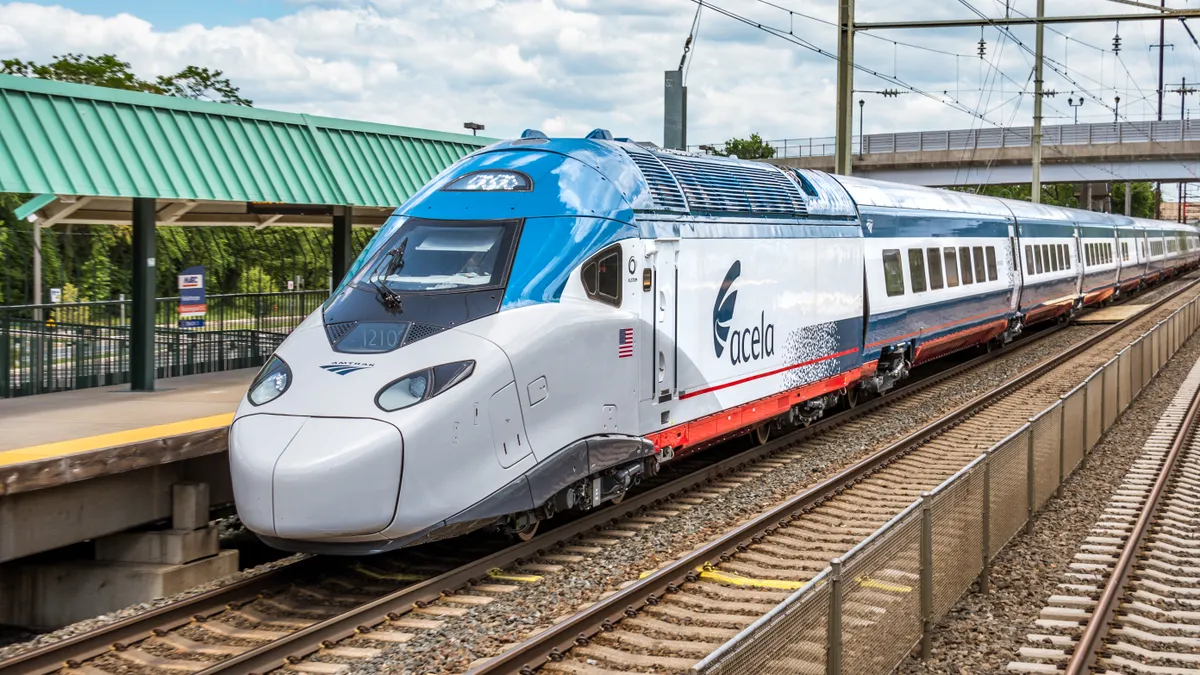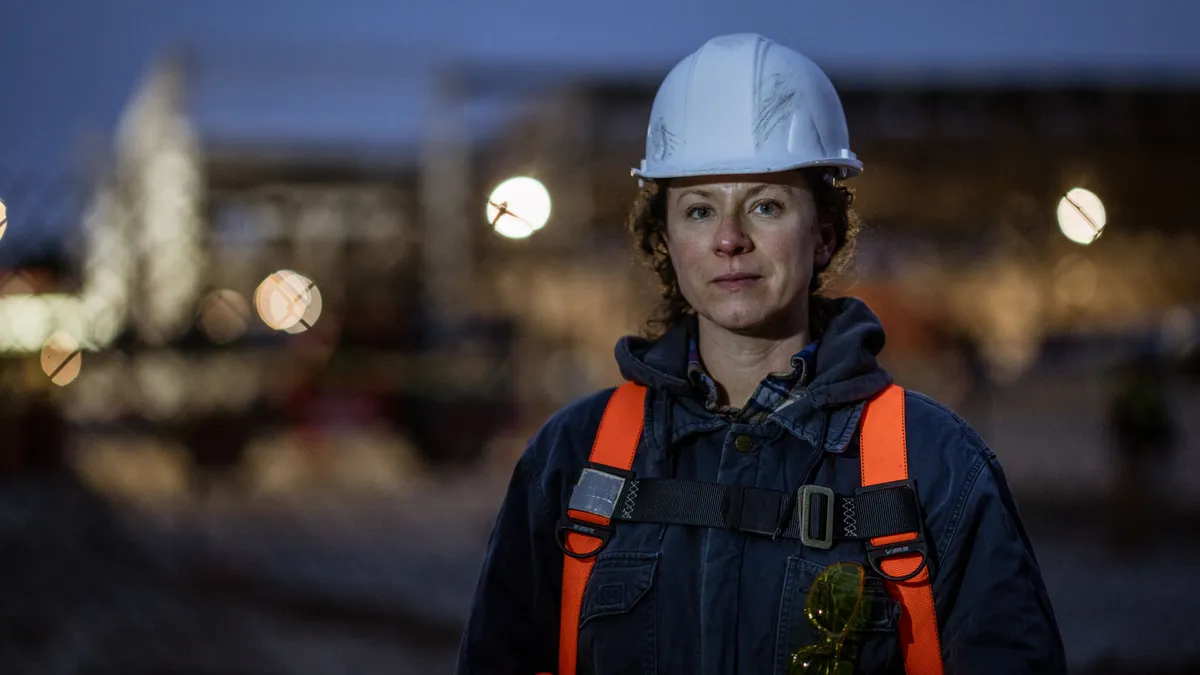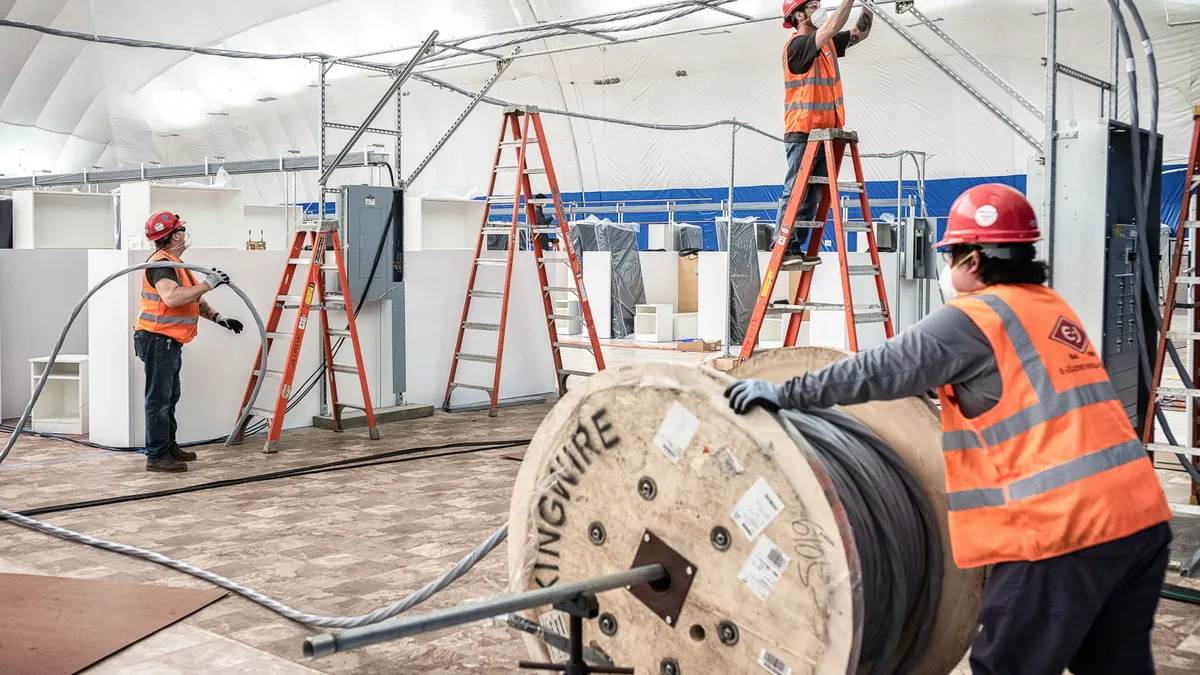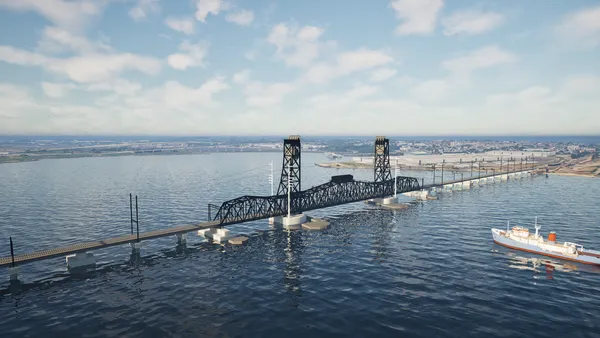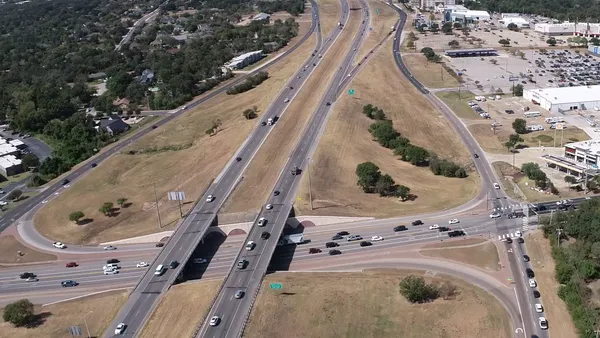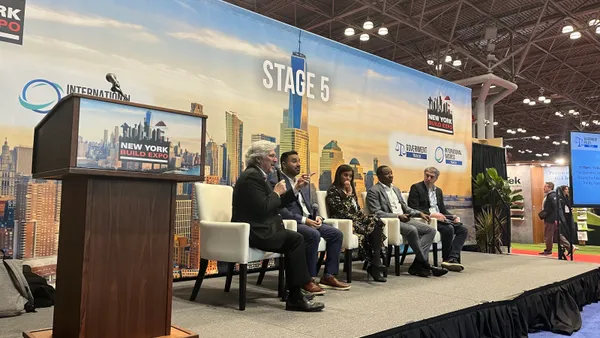Amtrak is set to modernize its intercity passenger rail network, upgrading train fleets and bringing Amtrak-served stations into compliance with Americans with Disability Act standards, using recent funds from the 2021 bipartisan infrastructure law.
Amtrak received $4.3 billion this fall from the infrastructure law, part of a total of $22 billion in supplemental funding over the next five years, which is in addition to annual grant appropriations, according to an emailed U.S. Department of Transportation press release.
The passenger railroad announced Tuesday that its ridership grew 89% in fiscal year 2022, which ended Sept. 30. Total ridership of 22.9 million, however, remains below the 32.5 million passengers Amtrak carried in fiscal 2019.
“We worked hard to restore service and grow ridership in the face of lingering impacts from the pandemic, all while modernizing our assets to make train travel a better experience for customers,” said Amtrak CEO Stephen Gardner in a Nov. 29 statement.
Amtrak’s 15 long-distance trains – routes greater than 750 miles – counted nearly 3.5 million passengers in 2022 compared with 4.5 million in 2019. The railroad’s state-supported routes, such as those that serve cities in Virginia, California, Illinois and New England, carried 10.2 million riders in 2022, a decline of more than 5 million from 2019.
Ridership on the Northeast Corridor, which runs from Washington, D.C. to Boston, has more than doubled over the previous year but remains more than 25%, or 3.3 million riders, below 2019.
Last month, the Federal Railroad Administration issued a list of priority projects for the NEC. The list includes a total of 68 projects, led by the Hudson Tunnel and related projects in New York and New Jersey and the $6 billion project to replace the Civil War-era Baltimore & Potomac Tunnel with a new, faster and safer twin-tube tunnel.
“These projects will deliver the modern infrastructure needed to improve the reliability and performance of train travel throughout the Northeast and establish a pipeline of critical future improvements projects,” Gardner said in a Nov. 16 statement.



